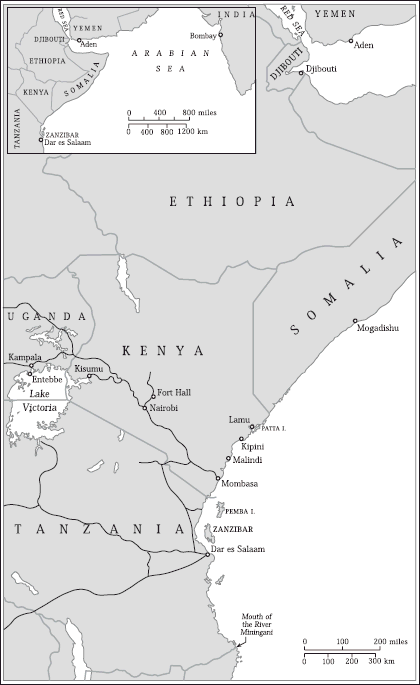Is it possible for Zoroastrian migrants to settle in Africa after the Islamic conquests? In areas such as the Ethiopian Highlands, Somali Coast, Swahili Coast and Madagascar. I assume that in order to reach these destinations, prospective migrants would need an economic incentive in addition to religious concerns. If not why not simply settle in India, or stay as minority in Islamic lands, or convert to Islam themselves? Involvement in trade is a necessary prerequisite to become knowledgeable of the existence of Africa, additionally it would provide economic incentive to further interactions with local traders and authorities. Eventually some Zoroastrian(s) may decide to settle if it is possible to see a more prosperous future there. The existence of a community would in itself encourage more migration.
Do you consider my suggestion as plausible or possible?
Do you consider my suggestion as plausible or possible?
